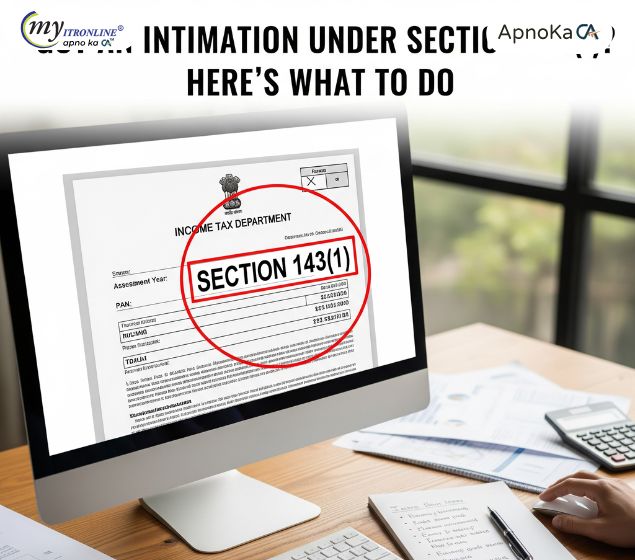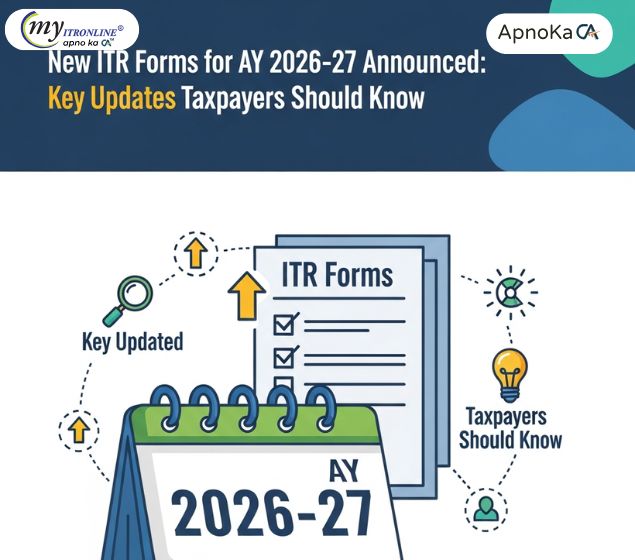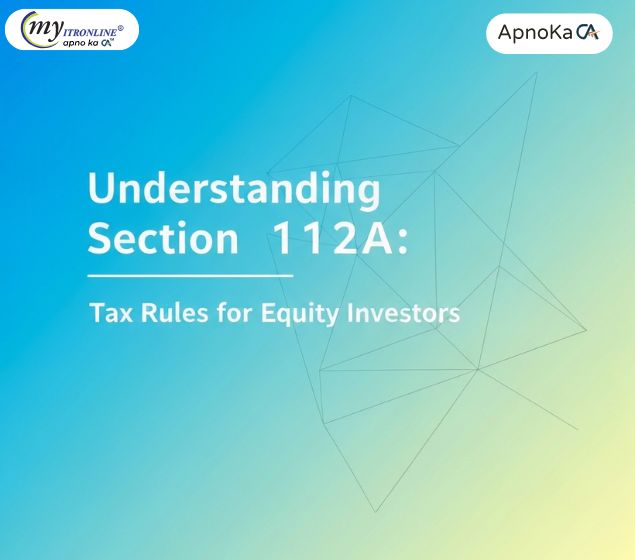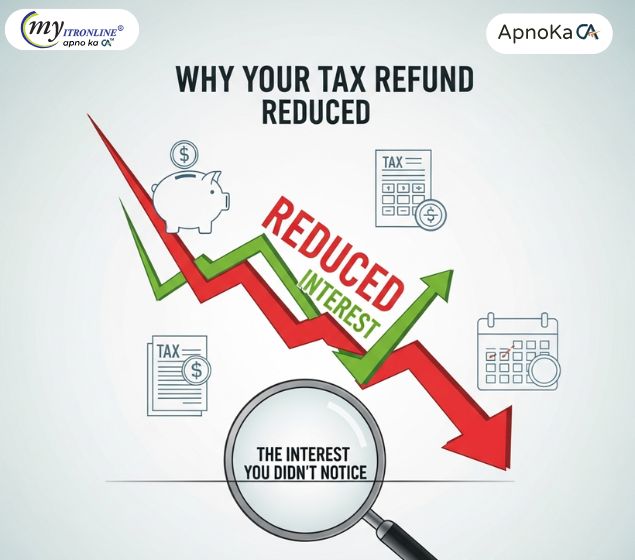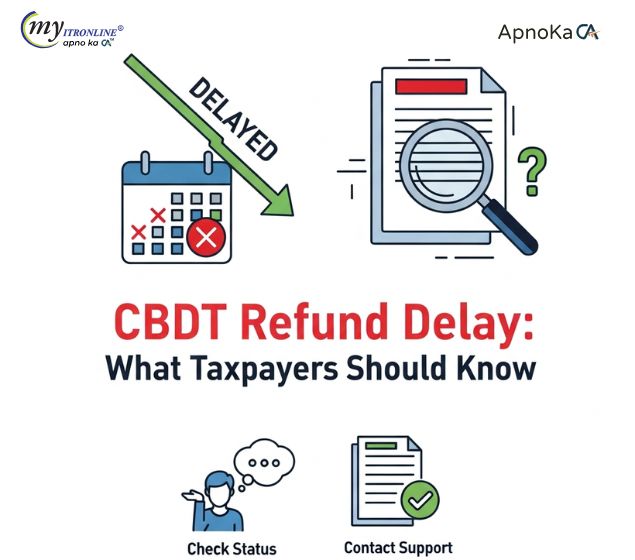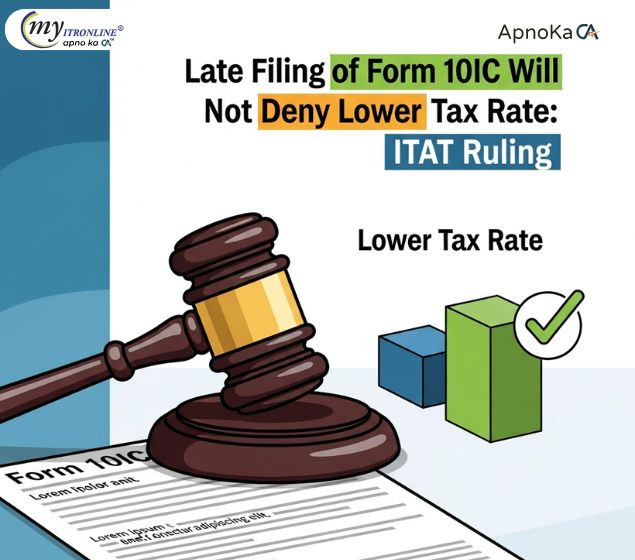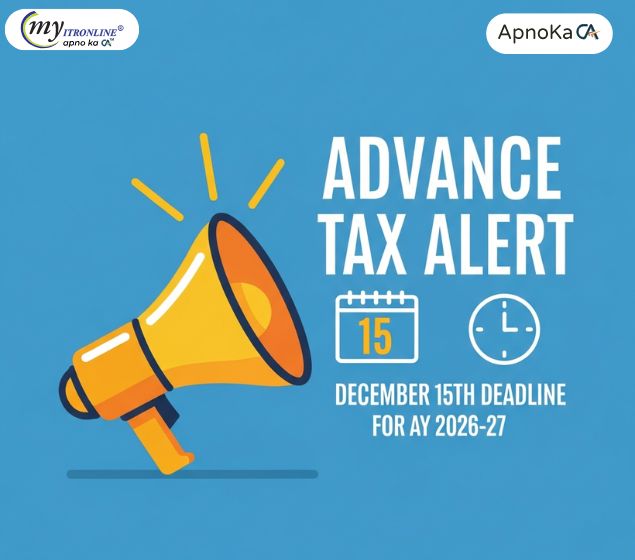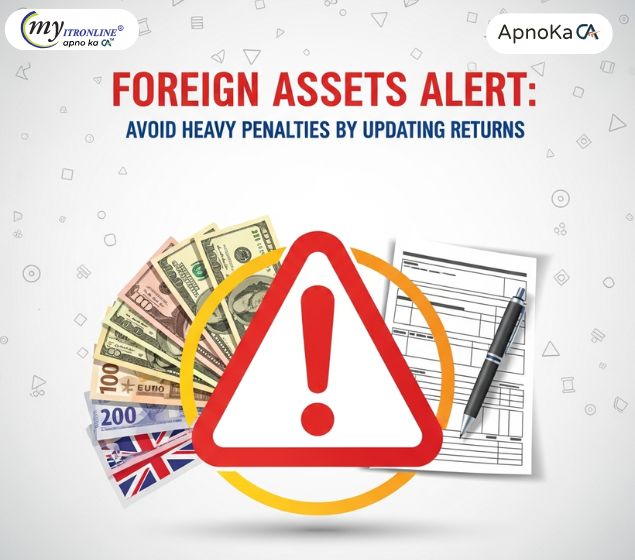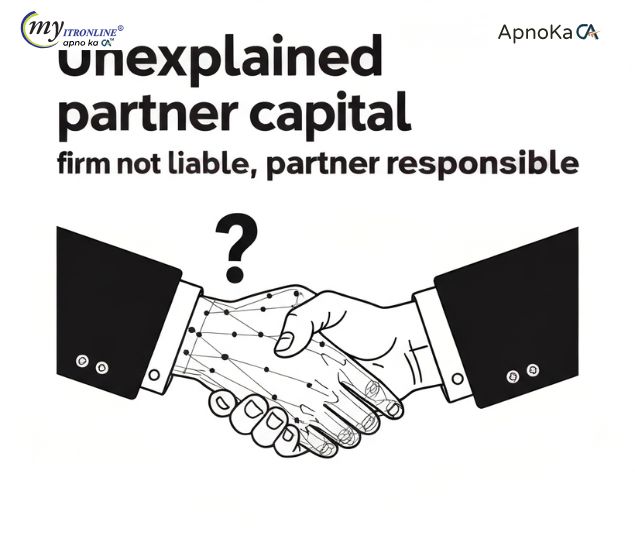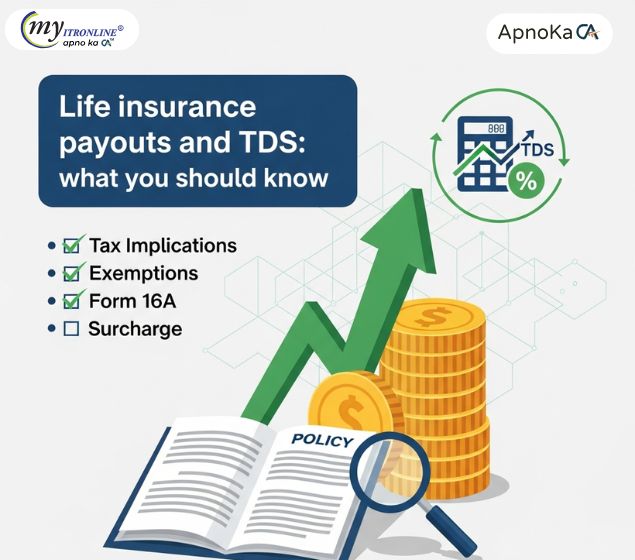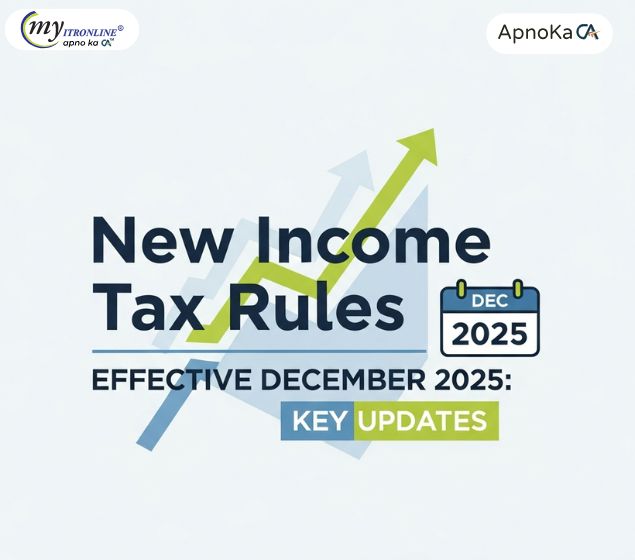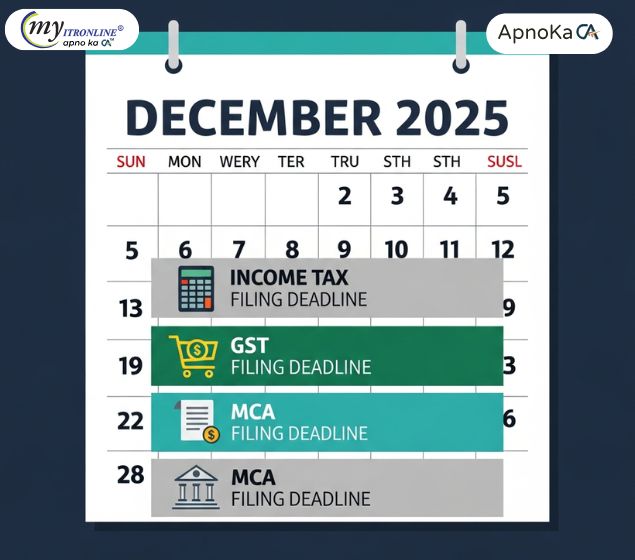Understanding Sections 269SS and 269T of the Income Tax Act
The Income Tax Act has provisions called Sections 269SS and 269T that limit cash transactions for loans and deposits over Rs. 20,000 in an attempt to prevent tax evasion and encourage transparency. Such amounts cannot be accepted in cash according to Section 269SS, and cash repayment is limited according to Section 269T. Penalties for noncompliance may equal the cost of the transaction. This blog offers a thorough explanation of each of these areas, as well as helpful advice on how to comply.
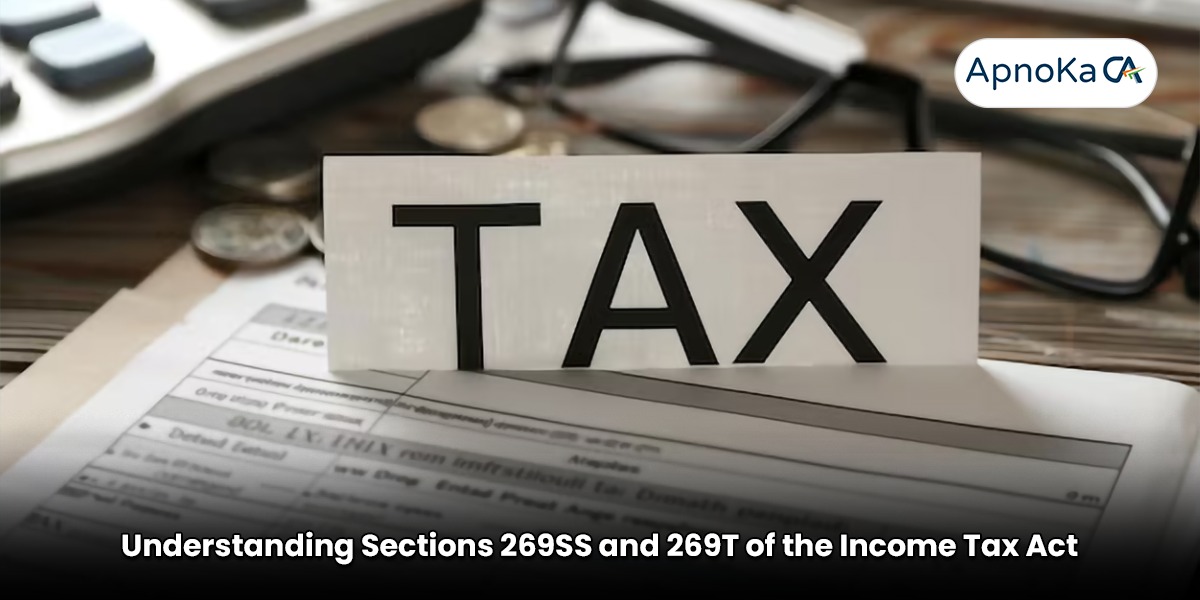
Sections 269SS and 269T of the Income Tax Act
The Income Tax Act of India contains provisions under Sections 269SS and 269T to combat tax evasion and encourage openness in financial transactions. Specific guidelines for the acceptance and return of cash deposits and loans are outlined in these sections. To comprehend these parts' ramifications and compliance needs, let's take a closer look.
Section 269SS: Cash Transaction Restrictions
Overview
It is illegal for anyone to accept loans or cash deposits totaling more than Rs. 20,000 according to Section 269SS. All entities, including people, businesses, partnership firms, and more, are covered under this section.
Important Points
- Monetary Limit: The clause expressly prohibits taking cash deposits or loans totaling more than Rs. 20,000.
- Mode of Transaction: Any transaction beyond this limit needs to be made using an account payee bank draft, account payee check, or an electronic clearing system (ECS) connected to a bank account.
- Application: All individuals, Hindu Undivided Families (HUFs), businesses, firms, associations of persons (AOPs), and bodies of individuals (BOIs) are covered by this law.
- Exemptions: Transactions between the following entities are exempt from this section's application:
- The government as well as everybody else.
- Any individual, banking institution, cooperative bank, or post office savings bank.
- Individuals that the Central Government designates by a notice published in the Official Gazette.
- Penalty for Violation: Failure to comply with Section 269SS may result in a fine equal to the amount of the approved loan or deposit. The Income Tax Act's Section 271D imposes this penalty.
Example
A fine of Rs. 50,000 may be assessed against a person who accepts a cash loan of Rs. 50,000, in violation of Section 269SS.
Section 269T: Limitations on Loan and Deposit Repayment
Overview
It is illegal for anyone to return loans or deposits totaling more than Rs. 20,000 in cash under Section 269T. This clause, like Section 269SS, attempts to preserve openness by requiring major financial transactions to go through banking channels.
Important Points
- Monetary Limit: Repaying loans or deposits in cash of Rs. 20,000 or more is prohibited by this provision.
- Mode of Transaction: Repayments over this amount must be performed via an electronic clearing system (ECS) linked to a bank account, an account payee check, or an account payee bank draft.
- Application: Everyone is covered by this provision, including people, HUFs, businesses, firms, AOPs, and BOIs.
- Exemptions: Transactions between the following entities are exempt from this section's application:
- The government as well as everybody else.
- Any individual, banking institution, cooperative bank, or post office savings bank.
- Individuals that the Central Government designates by a notice published in the Official Gazette.
- Sanctions for Infractions: Penalties for violating Section 269T may be as high as the amount of the refunded loan or deposit. The Income Tax Act's Section 271E mandates this penalty.
Example
A fine of Rs. 30,000 may be assessed if a person repays a loan of Rs. 30,000 in cash, which is against Section 269T.
The Value of Adherence
- Preventing Tax Evasion: By making sure that significant financial transactions are traceable, Sections 269SS and 269T aim to reduce tax evasion.
- Encouraging Transparency: These clauses promote accountability and openness in financial transactions.
- Steer clear of penalties: Taxpayers can help themselves by following these provisions and avoiding the heavy fines associated with non-compliance.
Useful Advice for Compliance
- Keep Accurate Records: All financial transactions should be meticulously documented, particularly those pertaining to loans and deposits.
- Use Banking Channels: Be certain that banking channels are used for any transaction exceeding the designated threshold.
- Remain Up to Date: Keep yourself informed about any changes or announcements pertaining to Sections 269SS and 269T on a regular basis.
- Speak with a Tax Professional: To guarantee adherence to these rules and to comprehend the ramifications of your financial dealings, obtain advice from a tax professional.
Taxpayers can avoid severe penalties and help create a more accountable and transparent financial system by being aware of and observing Sections 269SS and 269T.
FILING YOUR INCOME TAX RETURN F.Y 2024-25 (A.Y. 2025-2026) WITH MYITRONLINE
The income tax filing deadline is right around the corner. If you haven’t filed yet, do it today with Myitronline! Avoid last minute rush and file your tax return today on MYITRONLINE in Just 5 mins.(www.myitronline.com)
If you are looking for eCA assistance to file your income tax return/ GST, you can opt for MYITRONLINE eCA assisted plan starting
Upload Salary Individual Form-16
If you have any questions with filing your tax return, please reply to this mail. info@myitronline.com OR call 9971055886,8130309886.
Note-All the aforementioned information in the article is taken from authentic resources and has been published after moderation. Any change in the information other than fact must be believed as a human error. For queries mail us at marketing@myitronline.com
Krishna Gopal Varshney
An editor at apnokacaKrishna Gopal Varshney, Founder & CEO of Myitronline Global Services Private Limited at Delhi. A dedicated and tireless Expert Service Provider for the clients seeking tax filing assistance and all other essential requirements associated with Business/Professional establishment. Connect to us and let us give the Best Support to make you a Success. Visit our website for latest Business News and IT Updates.
Leave a reply
Your email address will not be published. Required fields are marked *Share this article
Krishna Gopal Varshney, Founder & CEO of Myitronline Global Services Private Limited at Delhi. A dedicated and tireless Expert Service Provider for the clients seeking tax filing assistance and all other essential requirements associated with Business/Professional establishment. Connect to us and let us give the Best Support to make you a Success. Visit our website for latest Business News and IT Updates.
View articles










